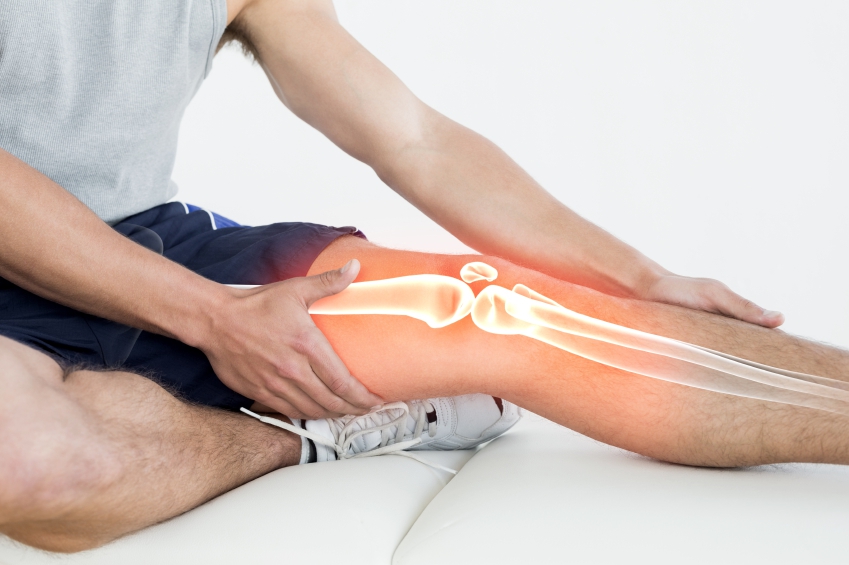Hip and knee replacement surgeries are performed by replacing your joints with artificial ones. It can be difficult to know if you actually need this type of surgery, so this is a matter that will be discussed with your surgeon, however we can describe some indicators. You might need to have your knee or hip replaced if the pain is so bad that it interferes with your daily life. This is true especially if you have already explored other options that don’t seem to be working. There are other clues that point to the need for surgery, however, and they are often the same for both knee and hip:
Stiff Joints
If you feel like your knee or hip often gets stiff from sitting down, even if for a short period of time, this might be a sign that the joint is not working as it should. Periods of inactivity might leave the joint feeling as if it’s ‘locked’, though with gentle movements it will probably go back to normal. This stiffness can last for around 30 minutes, and sometimes you may notice it happens in the morning, when you get up.
This sensation can also reduce motion in the joint, to the degree that you find it difficult to bend your knee or walk in a fluid way.
Grating
It’s common for people to feel a ‘grating’ in their joints, as if they have grains of sand there. The sensation is pervasive and recurrent, and can also feel like the bones in your knee or hip are grinding together – your cartilage could be wearing away, which gives off this feeling as well.
Previous Injuries
Joint replacement is often needed because they’ve been worn down over the years, but sometimes surgery is necessary because of trauma to the knee or hip. If you’ve suffered a previous injury it’s likely that you might have to replace the damaged area.
Pain
Pain might be the most common sign that you need surgery. Persistent and recurring pain, to the point that medication doesn’t provide much relief, could mean that your knee or hip are in need of replacement.
Instability
And, occasionally, arthritic joints can also suffer from instability. This means that you might feel the joint give way – and, in some cases, it might actually be giving way – which is a problem more common in the knee, although it can also happen in the hips.
If you think these signs are an accurate representation of your joints, you might need to seek professional advice concerning surgery. Miss Samantha Z Tross is a Consultant Orthopaedic Surgeon in London specialising in knee and hip replacement surgery so, if you want to discuss this issue, feel free to contact us or call us on 07943 947 639. You can also find us on Facebook and Twitter.





